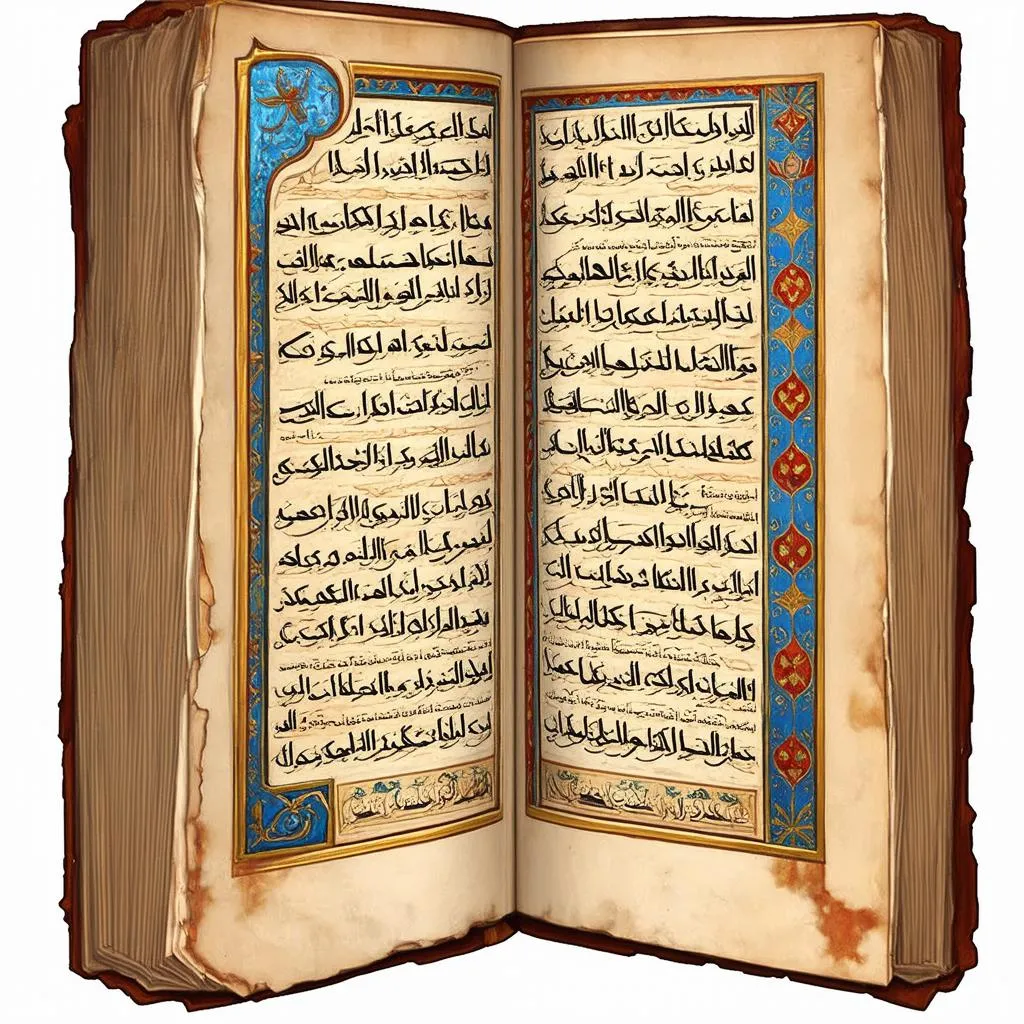Have you ever felt the urge to just pack a bag and go? To experience the world beyond your doorstep and immerse yourself in cultures vastly different from your own? That insatiable wanderlust is exactly what propelled Ibn Battuta, a 14th-century scholar from Morocco, to embark on an epic journey across the known world. But what exactly motivated him to travel so far and for so long?
A Journey Sparked by Faith and Curiosity
Ibn Battuta’s journey began in 1325 with the Hajj, the pilgrimage to Mecca that every able-bodied Muslim is obligated to perform once in their lifetime. Driven by his devotion, he set off from his hometown of Tangier, Morocco, with a yearning to witness the holiest city in Islam. Little did he know this journey would mark the start of an incredible adventure spanning almost three decades.
While the Hajj was the initial catalyst, Ibn Battuta’s thirst for exploration quickly blossomed into something more. He possessed an unquenchable curiosity about the world and a desire to experience different cultures, religions, and landscapes. This intellectual hunger led him to traverse a distance three times greater than his contemporary, Marco Polo, covering over 75,000 miles across Africa, the Middle East, South Asia, Southeast Asia, and even reaching as far as China.
A World of Experiences
Ibn Battuta’s journey wasn’t just about ticking off geographical locations; it was about immersing himself in the tapestry of human experience. He journeyed across the Sahara Desert, sailed down the Nile River, and marveled at the architectural wonders of Timbuktu, a key center of trade and Islamic scholarship in West Africa. He crossed the Arabian Peninsula, reaching Mecca, and continued on to Persia, where he explored the bustling bazaars of Isfahan, a city renowned for its beautiful mosques and gardens.
Further east, he ventured into India, serving as a judge in Delhi under the Delhi Sultanate, and continued to the Maldives, where he was impressed by the unique culture and natural beauty of the islands.
 Tropical Paradise
Tropical Paradise
Beyond Sightseeing: A Scholar and Diplomat
Ibn Battuta’s travels weren’t merely for leisure. As a scholar of Islamic law, he sought knowledge and engaged in intellectual discourse with scholars across the lands he visited. His journey provided him with firsthand experience of different legal systems and interpretations of Islam, enriching his understanding of his own faith. He documented his experiences in a travelogue known as the Rihla (meaning “journey” in Arabic), which provides invaluable insights into the social, cultural, and political landscapes of the 14th century world.
“Ibn Battuta’s Rihla is a treasure trove of information,” says Dr. Amina Hassan, a historian specializing in medieval Islamic travel, “It’s a window into a lost world, providing vivid descriptions of everything from the intricacies of courtly life in Delhi to the bustling marketplaces of Cairo.”
The Enduring Legacy of a Traveler
Ibn Battuta’s journey finally came to an end in 1355 when he returned to Morocco. His incredible adventure, fueled by faith, curiosity, and a thirst for knowledge, left an enduring legacy. His Rihla continues to be studied by historians and scholars, providing invaluable insights into the medieval world.
 Ancient Travelogue
Ancient Travelogue
His story serves as an inspiration for travelers, reminding us that the world is a vast and fascinating place waiting to be explored. Perhaps, just like Ibn Battuta, your next journey awaits. Why not start planning it today? Visit travelcar.edu.vn for travel inspiration and tips to help you plan your next adventure.
FAQs about Ibn Battuta’s Travels
1. How long did Ibn Battuta’s journey last?
Ibn Battuta traveled for nearly 30 years, covering a distance three times greater than Marco Polo.
2. What did Ibn Battuta discover during his travels?
Beyond geographical locations, Ibn Battuta discovered diverse cultures, religious practices, political systems, and social customs. His writings offer a glimpse into the daily lives of people from different walks of life in the 14th century.
3. What is Ibn Battuta most famous for?
Ibn Battuta is best known for his epic journey and his travelogue, the Rihla. This valuable document provides a detailed account of his experiences and observations, offering a window into the medieval world.
4. Where can I learn more about Ibn Battuta and his travels?
You can delve deeper into Ibn Battuta’s fascinating journey and the world he encountered through resources available online and at libraries. Exploring his story might just inspire your next travel adventure.
5. Are there any places named after Ibn Battuta today?
Yes! Ibn Battuta’s legacy lives on in various ways, including landmarks named after him. For example, Morocco boasts the Ibn Battuta Mall, a shopping center inspired by his travels and designed with architectural styles reflecting the regions he visited.
Travel planning resources, just like those offered by travelcar.edu.vn, can help you follow in Ibn Battuta’s footsteps, exploring some of the destinations he encountered on his remarkable journey.